Could you first introduce yourself to the reader?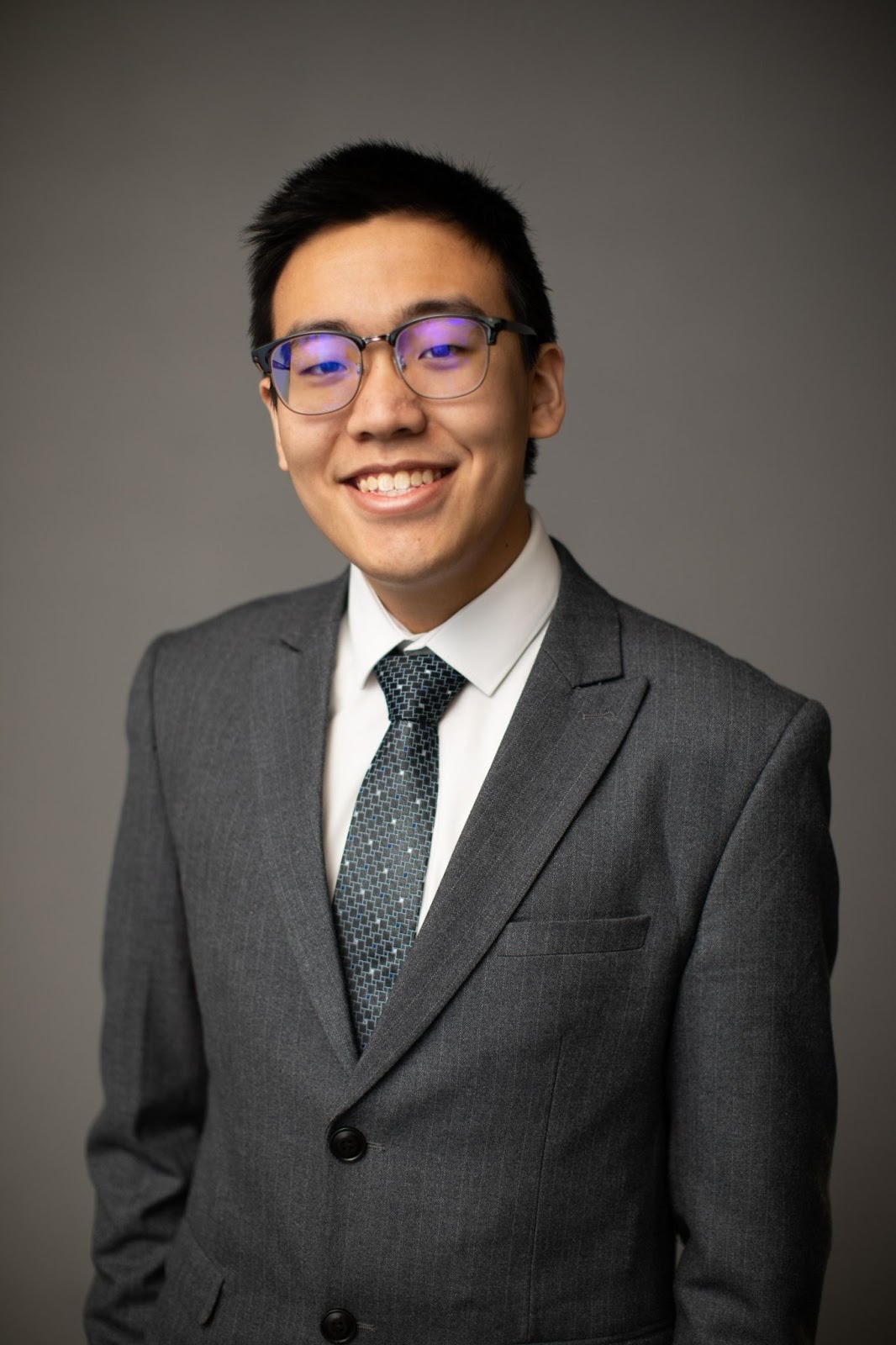
Hi everyone, my name is Yi Kang Choo. I am a recent law graduate from Queen's University Belfast (QUB) with a genuine interest in Human Rights, Education, and Mental Health-related social work.
Tell us a little about your background?
Originally from Malaysia, I have been actively involved as a volunteer and youth leader for local NGOs, co-organizing major youth learning camps and fund-raising initiatives since I was 10. In the UK, I am a trained NSPCC Childline Counsellor and hold various leadership positions within student organizations.
I frequently advocated for the welfare of international students during the pandemic as the President of the Malaysian Students' Society of Northern Ireland, the Supreme Councillor of the United Kingdom and Eire Council of Malaysian Students, and the Founder of the Welfare Taskforce for Malaysian Students Abroad.
I was a delegate of QUB and Northern Ireland (NI) in the 2019 One Young World Summit. As a law student, I was invited by Queen’s University Belfast’s Human Rights Centre to contribute to Northern Ireland’s 2021/22 Modern Slavery Strategy. I had also been actively supporting pro-bono cases worldwide (especially across the African continent) as an International Lawyers Project Legal Student Fellow.
Finally, I am a member of the Global Coalition of Youth, Peace, and Security Working Group co-led by the United Nations Office of the Secretary General’s Envoy on Youth, assisting with research or attending monthly meetings with civil society organisations and young leaders worldwide.
I was also appointed as a Youth Action Team member by CIVICUS to represent young people & activists across the broader Asian & European region. The Youth Action Team champions youth engagement and civic space. Institutionally, they interface with the CIVICUS Board on specific strategic questions and provide advice and guidance to the Secretariat on any suggested youth programming or proposals that should be considered CIVICUS priorities.
So first of all, congratulations on winning The Diana Award! What an amazing achievement, what does it mean to you?
I am super grateful and honoured to be receiving this prestigious award. This would never be made possible with the trust I received from the One Young World team, who nominated me for the award. I would also like to dedicate this award to all the mentors, partners, colleagues, friends, and family members who taught me so many important life lessons throughout my social work journey!
Whilst I am grateful for the recognition that was being given to me and all the other inspiring young people globally, to me, the award actually also serves as a motivation (and responsibility) for me to continue on the work and passion that I have to further support more people and the community that I am living in in the future. That’s why I will make sure to stay grounded, and just continue on what I have been doing already. Nevertheless, the valuable connections and opportunities provided to me via this award would also be crucial for improving and scaling all the social initiatives that I am currently/plan to do in the long run.
I would also hope to leverage this award to strongly encourage more young people out there to never stop dedicating their time/effort to contribute to meaningful voluntary work within their local communities! As mentioned by Princess Diana, Young People do have the POWER to CHANGE the world – so never underestimate the huge potential you and I have to make our world a better place for all!
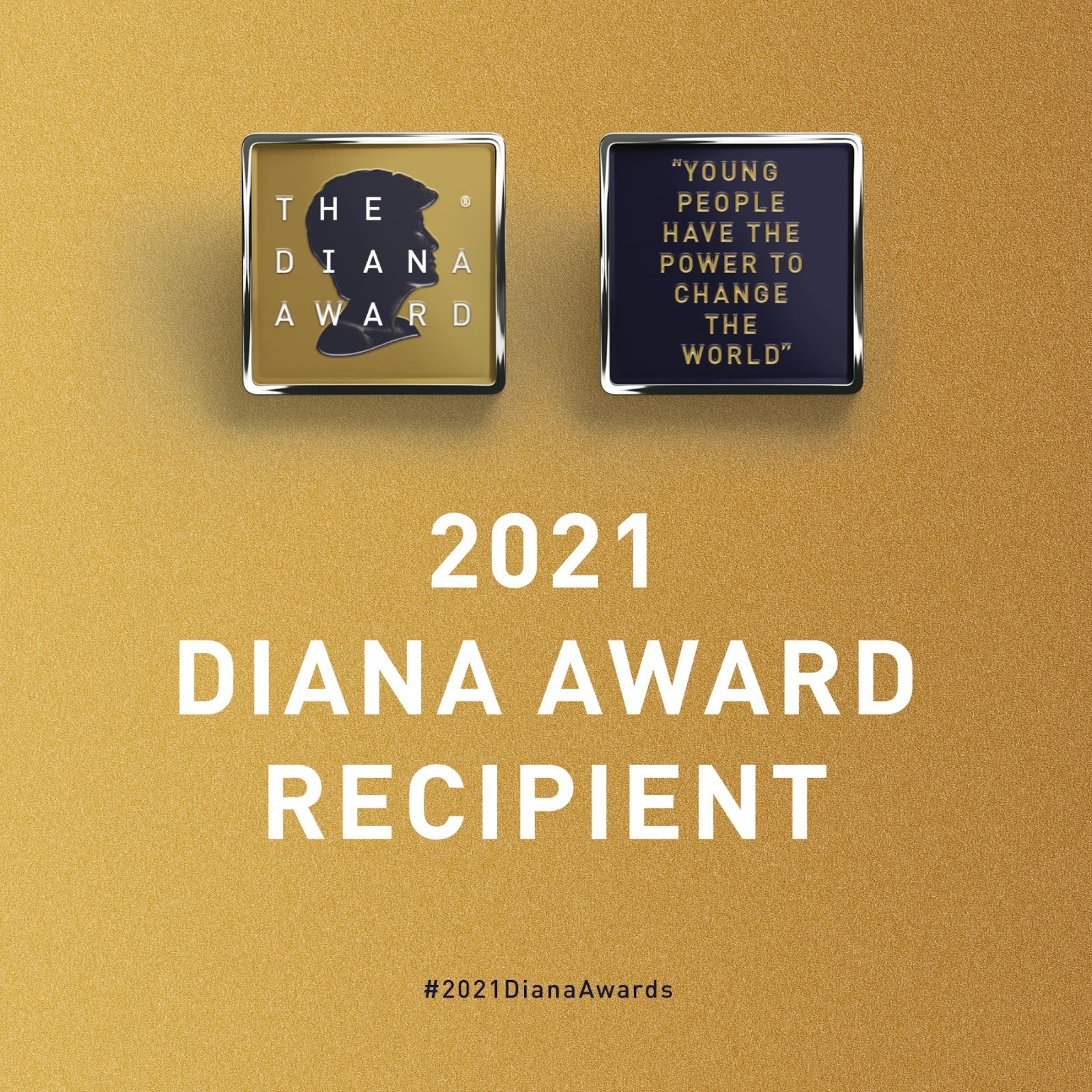
What inspired you to become involved with humanitarian work?
I was very fortunate to be born in a family where both my parents are active community volunteers, and they have always been a source of inspiration for me to contribute back to society even at a very young age. To raise funds for the construction and sustenance of several free education facilities and programmes catered for the underprivileged community in Malaysia, my mother spent nearly all of her weekends in various local markets to reach out to the public. Her humility and dedication eventually made her a "well-known" figure within the local community, and everyone is so grateful for her to get everyone on board and to give everyone a chance to do good. On the other hand, my dad being a construction engineer himself, will always spend his free time building and repairing local temples and learning facilities for young people at his own expense. He also takes pride in plating lamp posts in rural areas to "illuminate" the lives of others.
The selfless, dedicated, and grateful values that they have shown me through their actions truly inspired me to contribute my time and life to the betterment of people/society around me.
Furthermore, I still remembered vividly when I first received an active suicide call from one of my close friends, it made me realised how serious and how helpless I am when it comes to supporting my loved ones or anyone else who have similar worries. That is why after that I have always tried my best to volunteer and work on supporting young people who are struggling with their mental health. Similarly in the UK, I had personal experience witnessing my close friends being left alone to cope with their mental health as an international student – thus, ever since the pandemic (or even way before), I was determined to learn more about the area of mental health, and to create a supportive community to ensure that no one is left behind to suffer.
In terms of youth empowerment, I think what struck me the most and inspired me to venture on this path is when I organised a learning programme for the Mon refugee children in Malaysia. It is there when I realised how important education is to empower young people further to transform their lives in the future. I have also witnessed how countless bright and capable young people are losing their opportunity to shine just because they aren't equipped with the necessary skills/platform. That's why I am determined to play a part and try my very best to ensure more young people (especially those from underprivileged backgrounds) have an equal opportunity to learn, study and be successful.
What has been the most significant moment in your journey so far?
As a community volunteer for more than 10 years, I would be able to provide you with stats/impacts of my work. But I think personally, what I think really has been the most significant moment in my journey, will definitely be the moments when I truly witness growth in myself, as well as positive changes in others!
So while it’s quite hard to pinpoint a specific moment in time, one of the most memorable moments was when young people that I have supported/trained in development programmes came back a few years later, thanking me for all the support that I have given to them, which played some part in changing the course of their lives for the better. I also always felt really happy and fulfilled when initially depressed young people told me that they feel better after every counselling session they had with me on Childline. These are the moments that make it seem like all the time and effort spent was absolutely worth it.
Of course, the recognition and support that I have received over the past few years, including receiving the Diana Award, appointed as a One Young World Ambassador representing my university and the Northern Ireland region, and even assisting with a High-Level Launch event for the United Nations are also wholesome memories, and proof of my growth and development over time.
Are there any particular developments you hope to see? If so, what are they?
Based on my work supporting young people, especially those from underprivileged communities, I think one of the first few key areas governments should focus on is to ensure that everyone has an equal opportunity to receive an education. This is very important, especially for refugee children or poorer children who may not enjoy the equal rights to education that all young people should have globally. I have also personally witnessed how crucial receiving education is to transform the lives of people positively.
In terms of mental health and inclusivity related support, I think the government and all education institutions should play their part to ensure that no young people are being left behind. No one should be left to suffer alone with their mental health or be a victim based on their identity. Instead of just having mere tokenism policies or initiatives, we should have long term, substantive changes in place to ensure that everyone can enjoy a safe environment to learn and to grow within our society.
Last but not least, I think schools and universities should also start to encourage and recognise students that are passionate about Social or Humanitarian work. I think a lot of times, we are not being taught enough how we can pursue a career within the NGO/charity sector, and the idea of being a young changemaker may not be common amongst our peers. That is why educational institutions and teachers may need to play an important role to ensure young people are equipped with proper civic education and even the skills and knowledge to contribute back to our communities. Of course, young people’s opinions must also be respected and seriously heard of if we really want to encourage more youth participation within our society.
Do you have any upcoming projects that you can share with us?
As of now, we are still considering our plans to further expand the Welfare Taskforce or to provide further support to students even beyond the pandemic.
Do you have any advice for young people interested in sharing their youth voice?
To all young people out there who are interested in sharing their youth voice and interested in being an agent of change towards the communities and societies that we live in, the only advice that I would have for them would be: JUST DO IT!
I think this will never be an easy journey, especially when we may be young and inexperienced in many areas. People may not really take us seriously, and schools (or some parents too) may encourage us to focus more on our studies instead. I don’t think I wouldn’t say they are wrong because inevitably, we do have certain responsibilities as young people or students, but just remember not to let anything stop you from doing what you are passionate about.

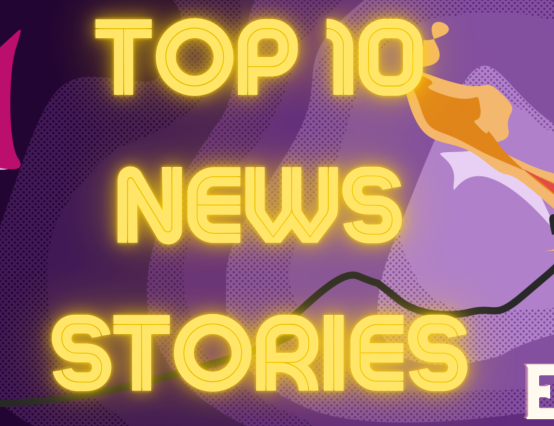
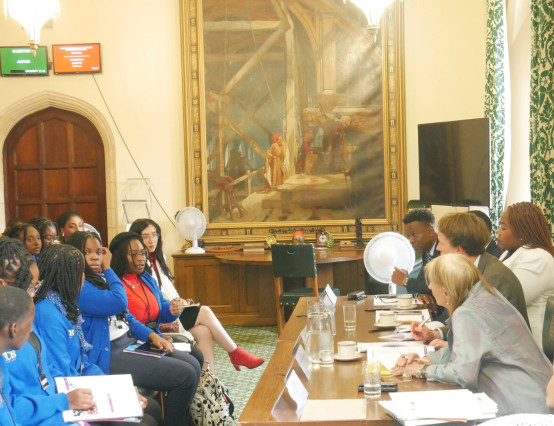

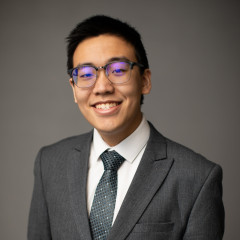

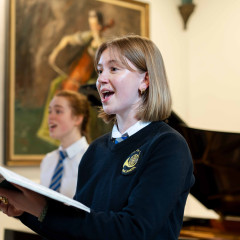
0 Comments